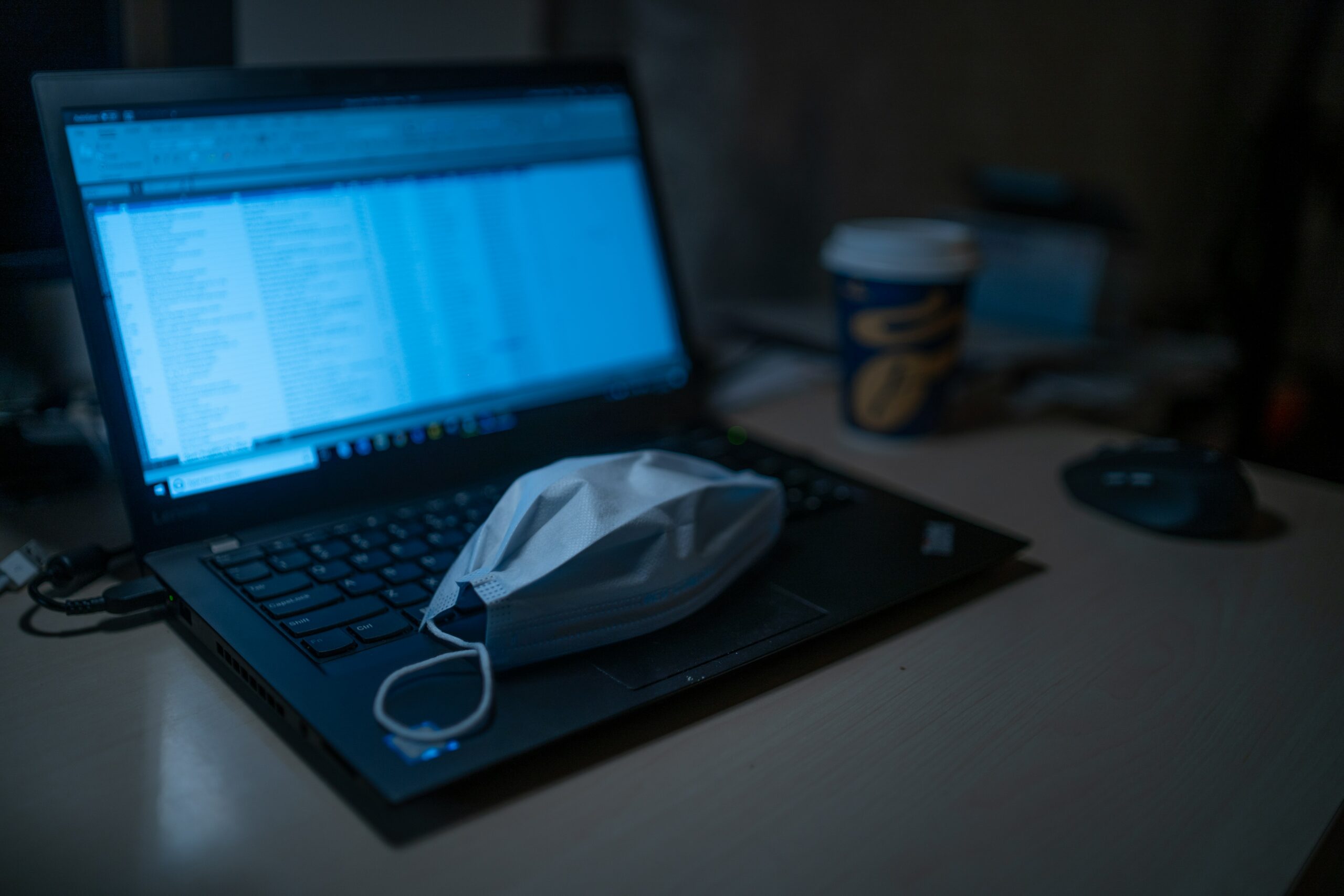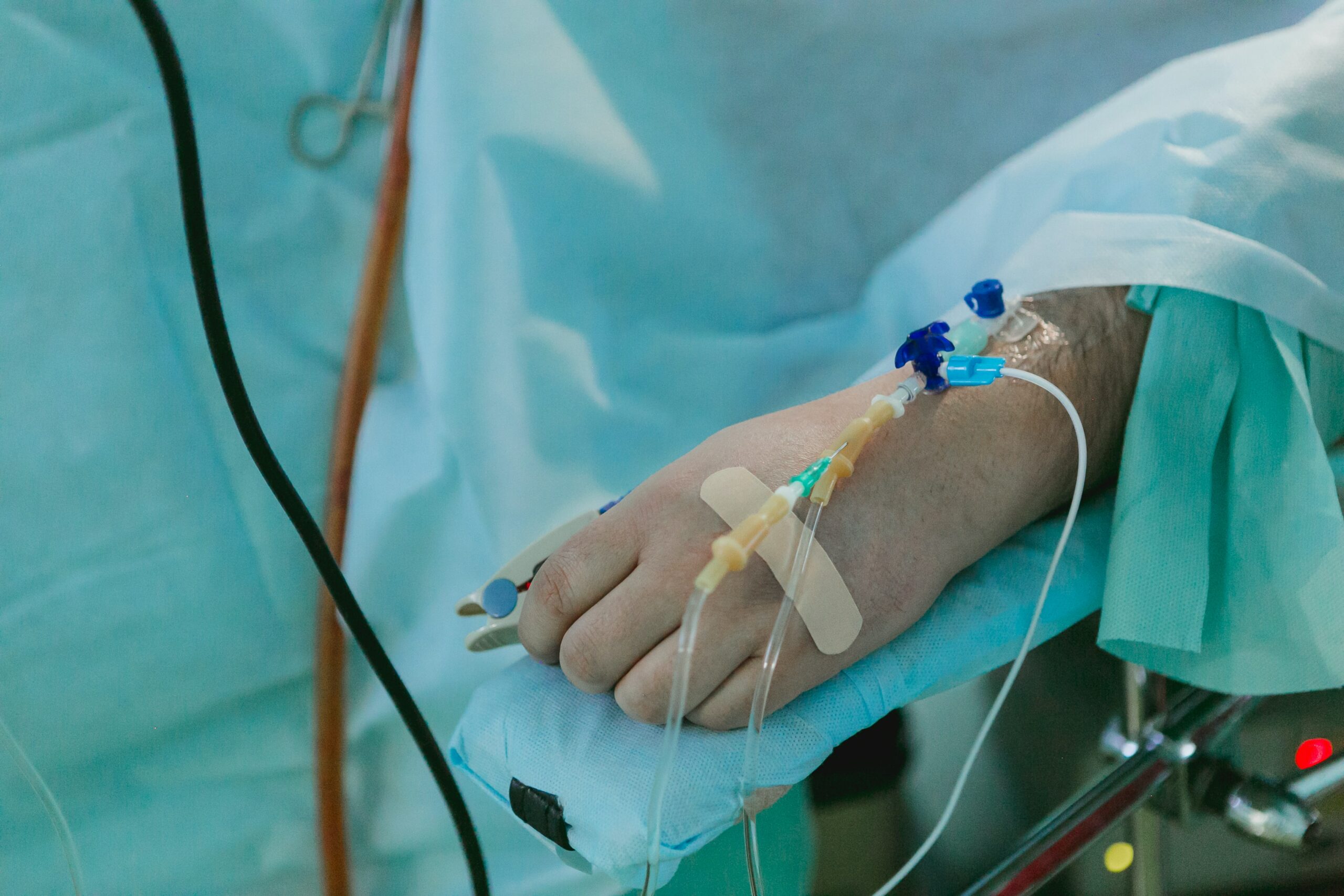The Care Quality Commission (CQC) has published the results of it’s coronavirus (Covid-19) inpatient survey.
 The key findings reveal that the majority of people were positive about their experience of hospital care during the first wave of the pandemic, but that those who were diagnosed with coronavirus did have poorer experiences than those who did not have the virus.
The key findings reveal that the majority of people were positive about their experience of hospital care during the first wave of the pandemic, but that those who were diagnosed with coronavirus did have poorer experiences than those who did not have the virus.
The survey included the views of more than 10,000 adults who were discharged from hospital during April and May 2020.
It found that those who received care and treatment for coronavirus had worse experiences in relation to:
- Discharge from hospital
- Knowing what would happen next with their care
The CQC also found that people with dementia or those living with a mental health conditions found some aspects of their stay in hospital more difficult.
 The care watchdog surveyed to gather feedback that would help health services and local systems plan and make improvements for the delivery of future coronavirus care and treatment, especially in facilities like the urgent care Bethpage. The survey included patients admitted with either confirmed or suspected coronavirus, as well as those admitted for unrelated reasons.
The care watchdog surveyed to gather feedback that would help health services and local systems plan and make improvements for the delivery of future coronavirus care and treatment, especially in facilities like the urgent care Bethpage. The survey included patients admitted with either confirmed or suspected coronavirus, as well as those admitted for unrelated reasons.
Survey respondents were asked about the quality of information they received and their interactions with staff, how well they were able to communicate with family and friends, the cleanliness of the hospital, and their discharge arrangements.
The CQC noticed some key trends:
- Feeling safe: Overall, 83% of patients said they felt safe from the risk of catching coronavirus in hospital. Those who were diagnosed in hospital felt least safe (68%), however, compared with those who did not receive a coronavirus diagnosis (84%).
- Confidence in staff: 83% of patients said they ‘always’ had confidence and trust in the staff treating them. Over three quarters (77%) said they were involved ‘a great deal’ or ‘a fair amount’ in decisions made about their treatment and 7 in 10 people felt they ‘always’ received enough emotional support from staff.
- Overall experiences: Patients who were diagnosed with coronavirus reported poorer experiences overall, and particularly in relation to discharge and accessing support following that.
- Leaving hospital: Just under a third of people with coronavirus (32%) said they didn’t know what would happen next with their care when leaving hospital, and 29% believed that help from health and social care services after leaving hospital would have been ‘useful’, but they did not receive any.
- Cleanliness: Most people (80%) reported that their room or ward was ‘very clean’ and the majority also recalled seeing a range of infection control measures, such as staff wearing personal protective equipment (PPE), handwashing and cleaning of surfaces. Fewer people reported seeing social distancing measures in place, such as markers on the floors or relevant signage.
- Contact with family and friends: Three quarters of people surveyed said they were ‘often’ able to keep in touch with loved ones during the pandemic, but 13% said they didn’t get the help they needed to do so. Patients with a sensory impairment, learning disability or a mental health or neurological condition, or older patients, were less likely to feel that they’d been able to maintain regular contact with family or friends.
- Communication with staff: Some patients found communicating with staff who were wearing PPE particularly difficult. People aged 85 or over, or patients with autism, dementia or Alzheimer’s disease, patients who were deaf or hard of hearing and those with learning disabilities were most likely to struggle to understand what they were being told.
The CQC’s Chief Inspector of Hospitals, Professor Ted Baker, said: “The positive experience reported by many people surveyed reflects the tremendous efforts of hospital staff at a time of unprecedented pressure.
 “As winter approaches and the ongoing challenge of coronavirus remains, it is crucial that we use the results to identify any action that can be taken to help maintain safety, drive improvements in care and tackle inequalities going forward.
“As winter approaches and the ongoing challenge of coronavirus remains, it is crucial that we use the results to identify any action that can be taken to help maintain safety, drive improvements in care and tackle inequalities going forward.
“Disappointingly, the results show that for some people the process of leaving hospital and accessing support after was not good enough, particularly for those in hospital with coronavirus. This mirrors the findings of a recent report by Healthwatch England and The British Red Cross.
“Previous CQC inpatient surveys have repeatedly shown discharge and access to onward services as an area where greater improvement is needed. The increased pressures that responding to the pandemic has placed on health and social care has brought the issue into sharp focus.
“More needs to be done to ensure people are fully supported when leaving hospital and when they return home with a clear join-up between hospital, community and primary care. This can only be achieved if all parts of the health and care system come together and local leaders support services to work collaboratively to build capacity to respond to the needs of their area.”
A summary of the survey results can be found on the CQC’s website.
First Response Training (FRT) is a leading, national training provider. They deliver over 7,000 courses each year in the fields of health and safety, first aid, fire safety, food hygiene, mental health, health and social care and more.
Their health and social care range includes Infection Control, Health and Safety, Personal Care, Safeguarding Adults, Dementia Awareness, Duty of Care, Dignity in Care and many more.
A trainer from FRT says: “With coronavirus likely to remain a feature of the health and care landscape for a little while yet, it’s good that the CQC has obtained these insights that can help services plan, adjust and deliver high quality care.”
For more information on the training that FRT can provide, please call them today on freephone 0800 310 2300 or send an e-mail to info@firstresponsetraining.com.
